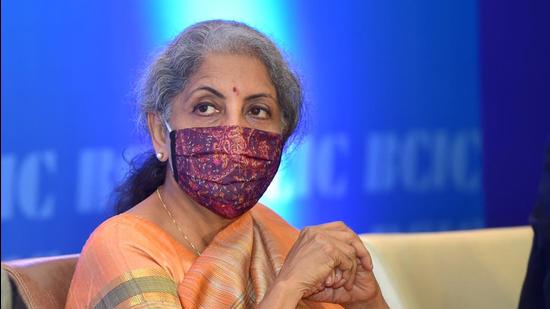GST regime is in crisis
The Goods and Services Tax (GST) Council will meet on May 28 after a gap of seven months
The Goods and Services Tax (GST) Council will meet on May 28 after a gap of seven months. That it is meeting after such a long gap itself is unwarranted. Many state governments, which are ruled by parties opposed to the Bharatiya Janata Party (BJP), have demanded a GST waiver on various kinds of medicinal supplies being used for treating Covid-19. Such demands make for good optics. While finance minister Nirmala Sitharaman had earlier explained why a GST waiver could not help in bringing down prices of some of these goods, there could still be a compromise on the issue. The underlying spirit should be to reduce the fiscal burden on states. They have done most of the heavy lifting during the pandemic.

However, there is a larger point which the GST Council must ponder. Using GST Council meetings to tweak GST rates on various commodities – Gujarati snacks before the 2017 Gujarat assembly elections and Covid-19 supplies now – would have been fine if the larger macroeconomic situation were favourable. That is hardly the case right now. The second wave of Covid-19 infections has forced lockdowns in most parts of the country and derailed the incipient economic recovery. This is bound to generate headwinds for revenue collections. Because GST constitutes a much bigger share of state government revenues than that of the Centre, states are likely to be worse hit. This will only worsen the compensation burden on the Centre.
Back in 2017, it took a promise of 14% guaranteed growth in state revenues to get the states to forego their fiscal sovereignty and endorse GST. The Indian economy started losing momentum after GST’s roll-out. In hindsight, the Centre’s promise to the states seems to have erred on the side of overoptimism. The pandemic’s disruption has only made matters worse. The Centre’s convoluted approach to the compensation issue – it first created a distinction between revenue lost to the pandemic and otherwise and then on the question of borrowing to meet the compensation shortfall – has not helped matters. While political compulsions might have forced the government to paint an overoptimistic picture of the economy, the truth is that even the Centre’s revenue collections have been hit. The GST Council needs to understand that the tax regime, with its earlier commitments and the given economic situation, is increasingly becoming unsustainable. Any attempt to save the situation must begin with an honest appraisal of the state of the macroeconomy.
All Access.
One Subscription.
Get 360° coverage—from daily headlines
to 100 year archives.



HT App & Website







